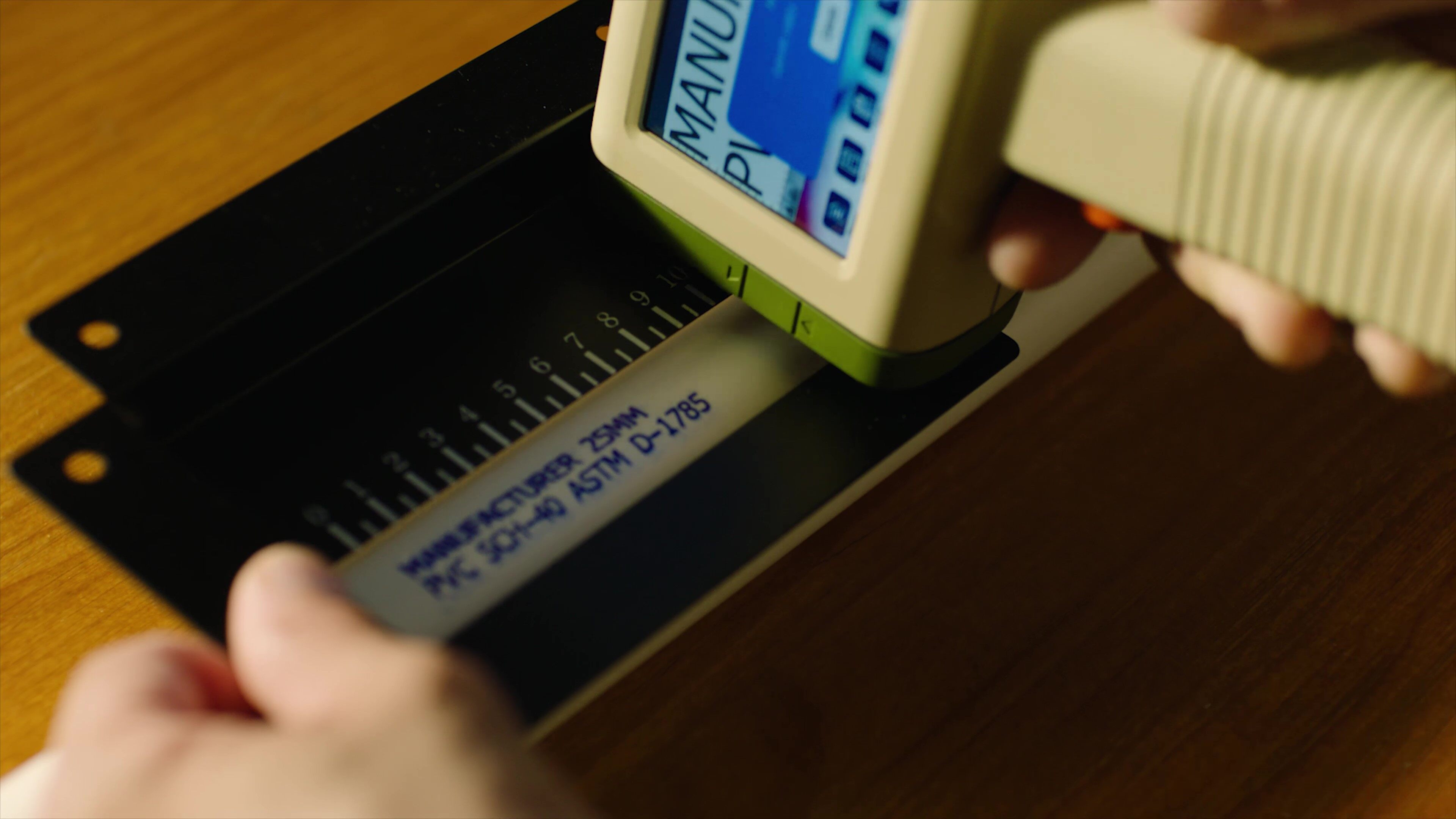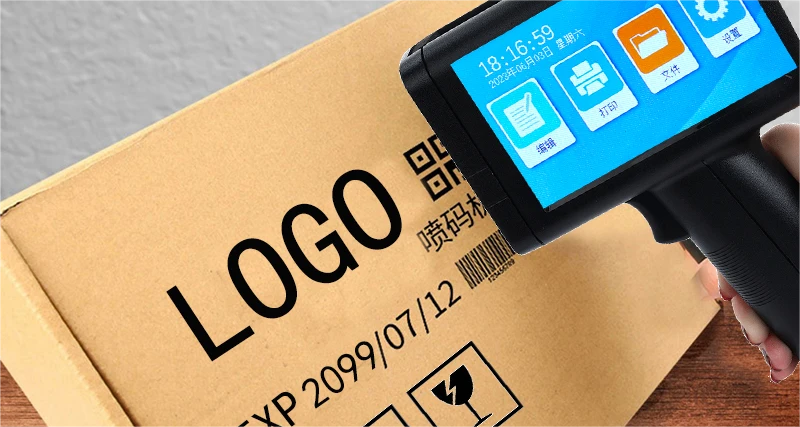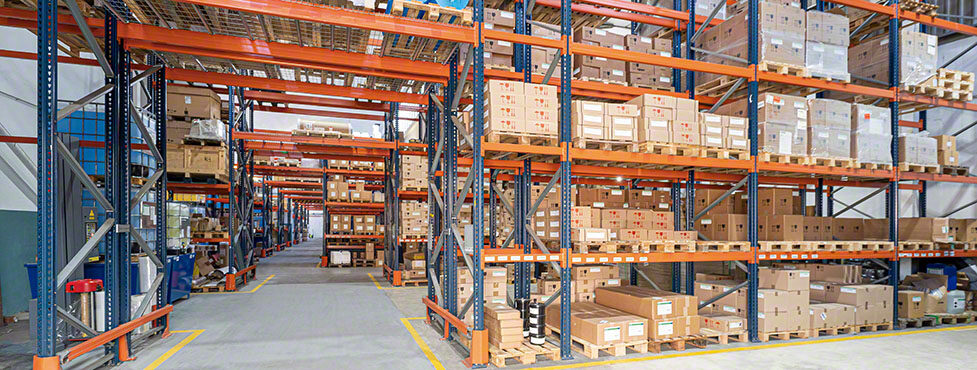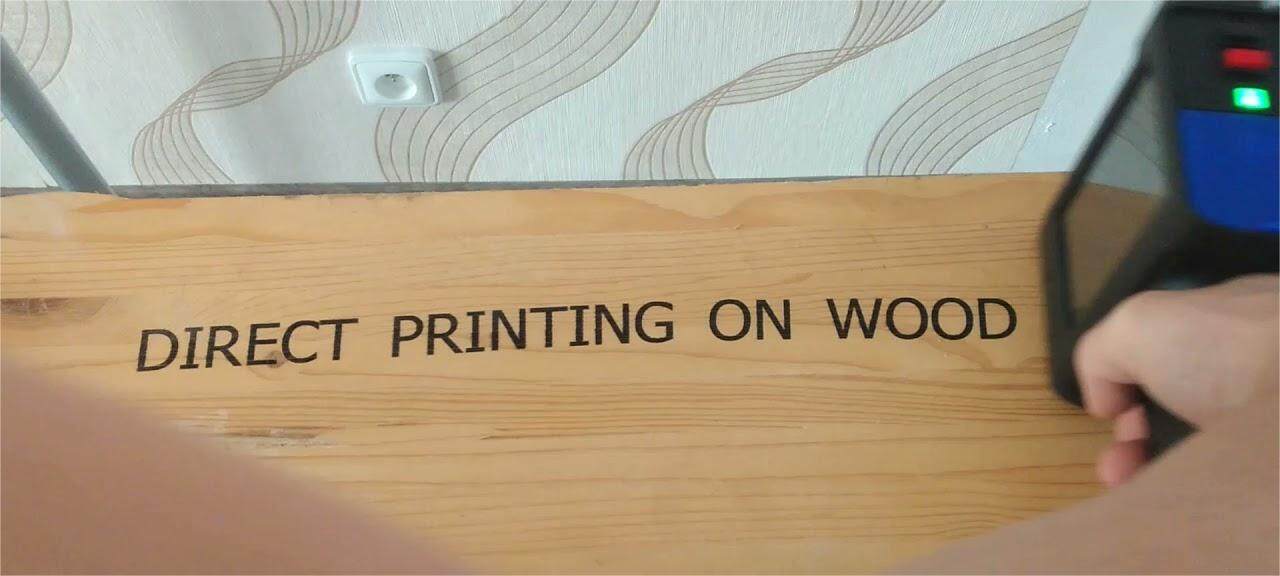Who needs a thermal inkjet printer?
When we talk about thermal inkjet printers (TIJ printers), we're referring to a specialized printing technology designed for more than just paper. These are advanced, portable printers capable of marking and coding essential information such as dates, serial numbers, specifications, and other critical data directly onto a wide array of products and packaging materials. Given the versatility and robustness of TIJ printers, understanding who needs this sophisticated technology is key to appreciating its value in today’s market.
What Is Thermal Inkjet Printer?
A thermal inkjet printer is a type of printer that uses tiny resistors to heat ink and produce droplets on the paper. These printers have cartridges containing ink, and when a specific resistor heats up, it creates a bubble in the ink, forcing a droplet onto the paper. This process repeats rapidly, forming text or images. Thermal inkjet printers are commonly used in homes and offices for their versatility in producing high-quality prints, from text documents to vibrant color photos.
These machines stands out for its portability, ease of use, and the ability to print on various surfaces. Unlike traditional inkjet printers that are commonly used for paper, TIJ printers can be used directly onto many print medium, such as carton boxes, wooden crates, stainless steel cans, glass jars, and plastic bottle. The result is a rapid, precise, and clean print.
The speed and efficiency of thermal inkjet printers are among their biggest draws, making them particularly attractive for a range of users. So, who exactly needs a thermal inkjet printer? Let us break down the profiles that align well with this technology.
Industries That Rely on Thermal Inkjet Printers
Given the versatility and robustness of TIJ printers, certain sectors find this technology indispensable including manufacturing, packaging, pharmaceuticals, food and beverage, warehousing, logistics, and more.
1. Manufacturing Sector: Traceability and Compliance
Manufacturers, regardless of the products they produce, are under constant pressure to ensure that their products are traceable and meet compliance standards. TIJ printers allow for the quick and clear printing of lot numbers, expiration dates, and other critical manufacturing information directly on products or packaging.

2. Packaging and Distribution: Streamlined Operations
Companies specializing in packaging and distribution find thermal inkjet printers to be a game-changer. The ability to print barcodes, QR codes, logo and tracking details on various materials streamlines the entire distribution process, facilitating inventory management and logistics.

3. Pharmaceuticals: Precision and Clarity
The pharmaceutical industry requires absolute precision when it comes to labeling. A TIJ printer offers the high-resolution printing needed for small, clear, and legible texts and dates that are often necessary for bottles, vials, and medication boxes.
4. Food and Beverage Industry: Fast-Paced Marking
Food safety regulations often demand that production dates, batch numbers, and expiry dates be printed on food packaging. TIJ printers are tailored to perform in the fast-paced environment of the food and beverage industry, where speed does not compromise the quality of print while ensuring clear and accurate markings on various packaging materials, whether it’s even or uneven.

5. Cosmetics and Personal Care: Branding and Information
For the cosmetics and personal care industry, brand presentation is key. TIJ printers are not only used for compliance marking but also for branding purposes, allowing for the printing of intricate logos and designs on primary packaging.
6. Logistics and Warehousing: Efficiency in Labeling
Efficient inventory management is crucial in logistics, and TIJ printers play a pivotal role in the warehousing sector. They enable the printing of labels and codes that can withstand the rigors of transportation and storage, ensuring that goods are properly tracked throughout the supply chain.

7. Wood Processing Industry: Optimizing Marking on Wooden Materials
In addition to these sectors, the wood processing industry stands as a compelling example of how thermal inkjet printers revolutionize traditional practices. Consider the handheld inkjet printer - a remarkable innovation within thermal inkjet technology. It seamlessly integrates into wood processing, imprinting vital details like IPPC stamps, lot numbers and other crucial information directly onto wooden materials.
This innovation streamlines compliance measures while ensuring seamless traceability across the processing and distribution chain. Imagine the efficiency gained when essential markings become effortlessly etched onto wooden surfaces, meeting regulatory standards with precision and enhancing accountability in every stage of production.

Conclusion
In summary, thermal inkjet printers are not a one-size-fits-all solution; they are highly specialized tools designed for specific sectors that require direct, permanent marking on products or packaging. They cater to industries where traceability, regulatory compliance, and packaging efficiency are not just perks but essential requirements. For businesses operating within these sectors, investing in a TIJ printer could significantly enhance operational efficiency and compliance with industry standards. Embracing these printers is not just an upgrade; it's a strategic decision, empowering businesses to navigate the demands of modern markets with precision and agility.
Ask Question
No questions and answers

